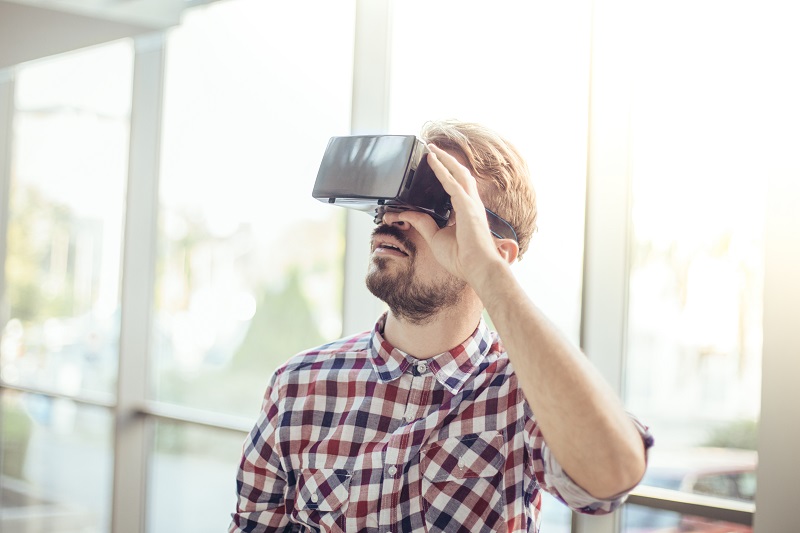Virtual reality is among us – 2016 was the year Pokemon Go took hold of the entire world and turned virtual (or augmented reality) into a mainstream concept. Until very recently though the only brands to have ventured into the VR world were mainly from the tourism, entertainment, arts and culture sectors, through apps that can enhance tourists’ visits to museums and bring past history back to life, or gaming equipment that can provide a more immersive experience.
The latest wave has seen brands like Google, Samsung and Facebook via their Oculus Rift headset emerge at the forefront of the VR revolution with products that are getting increasingly affordable and approachable – the case in point being Google Cardboard, an inexpensive headset that uses a smartphone to relay VR images and can even be built from scratch. So, as virtual reality is now on the way up, is this good news for market research?
First of all, VR can potentially solve logistical problems as respondents can be displaced over space and time with no need to be in a single location. More importantly, though, Emotional Logic now offer the use of VR for packaging and store environment tests, to help brands test different possible scenarios before they embark on costly changes that might or might not prove popular with customers. We can also successfully use VR to help bring to life future plans for regeneration of towns and cities, or to show potential developments in retail spaces and get shopper feedback. VR can be integrated with other techniques such as eye-tracking and skin conductance measurements to get a clear picture of what visual clues respondents are looking at and how they are feeling about the imagined scenarios.
However, a more ‘traditional’ store visit still remains the most life-like methodology to get consumers to interact with a shelf, any other aspect of the store environment or a specific product and generates a stronger emotional involvement. Our Point of Purchase Optimiser uses eye tracking and skin conductance in a real-life store environment. Whether VR or real-life store visit work better for your brand depends on many factors. To find out more about using the latest technology in your customer research email team@emotional-logic.co.uk
